Michael Jackson’s Billie Jean Video Filming Locations and Behind the Scenes of the Iconic Video
If you would like to support me on Patreon please visit https://www.patreon.com/scottontape
Follow my Instagram https://www.instagram.com/scottontape
If you would like to help support my travels and films you can PayPal me at https://www.paypal.me/scottontape99
Join my Facebook group Scottontape
#michaeljackson #michaeljacksonthekingofpop #michaeljacksonrarefootage #billiejean #80s #80smusic
"Billie Jean" is a song by American singer-songwriter Michael Jackson, released by Epic Records on January 3, 1983, as the second single from his sixth studio album, Thriller (1982). It was written and composed by Jackson and produced by Quincy Jones and co-produced by Jackson. "Billie Jean" blends post-disco, R&B, funk, and dance-pop. The lyrics describe a woman, Billie Jean, who claims that the narrator is the father of her newborn son, which he denies. Jackson said the lyrics were based on groupies' claims about his older brothers when he toured with them as the Jackson 5.
"Billie Jean" reached number one on the Billboard Hot 100, topped the Billboard Hot Black Singles chart within three weeks, and became Jackson's fastest-rising number one single since "ABC", "The Love You Save" and "I'll Be There" in 1970, all of which he recorded as a member of the Jackson 5. It was also a number one hit in the UK, Australia, Canada, France, Ireland, Switzerland and Belgium, and reached the top ten in many other countries. "Billie Jean" was one of the best-selling singles of 1983, helping Thriller become the best-selling album of all time, and became Jackson's best-selling solo single. "Billie Jean" is certified Diamond by the Recording Industry Association of America (RIAA) and is one of the best-selling singles of all-time.
Jackson's performance of "Billie Jean" on the TV special Motown 25: Yesterday, Today, Forever won universal acclaim and was nominated for an Emmy Award. It introduced a number of Jackson's signatures, including the moonwalk, black sequined jacket, and high-water pants, and was widely imitated. The "Billie Jean" music video, directed by Steve Barron, was the first video by a black artist to be aired in heavy rotation on MTV. Along with the other videos produced for Thriller, it helped establish MTV's cultural importance and make music videos an integral part of popular music marketing. The spare, bass-driven arrangement of "Billie Jean" helped pioneer what one critic called "sleek, post-soul pop music". It also introduced a more paranoid lyrical style for Jackson, a trademark of his later music.
"Billie Jean" was awarded honors including two Grammy Awards and an American Music Award. Billboard ranked it as the No. 2 song for 1983.
MTV initially refused to air the video for "Billie Jean", as the network's executives felt black music did not fit into its "rock"-centered programming at the time. Enraged by their refusal despite Jackson's success as a musical artist, Walter Yetnikoff, the president of Jackson's record company CBS Records, threatened to expose MTV's stance on racial discrimination: "I said to MTV, 'I'm pulling everything we have off the air, all our product. I'm not going to give you any more videos. And I'm going to go public and fucking tell them about the fact you don't want to play music by a black guy.'" MTV relented and premiered the "Billie Jean" music video on March 10, 1983. After the video was aired in heavy rotation, Thriller went on to sell an additional 10 million copies. It was one of the first videos by a black artist to be aired regularly by the channel.
Directed by Steve Barron and produced by Gowers Fields Flattery, the video shows a photographer who follows but never catches Jackson, as when photographed Jackson fails to materialize on the developed picture. Jackson dances to Billie Jean's hotel room and as he walks along a sidewalk, each tile lights up at his touch. After performing a quick spin, he jumps and lands, freeze framed, on his toes. Upon arrival at the hotel, he climbs the staircase to Billie Jean's room, lighting up each step as he touches it and illuminating a burnt-out "Hotel" sign as he passes it. The paparazzo then arrives at the scene and watches as Jackson vanishes under the covers of Billie Jean's bed, before the police arrive and arrest him for spying on Billie Jean. As the paparazzo is led away, he drops a tiger-print cloth that Jackson had left behind after polishing his shoe with it earlier in the video. (On both occasions, the cloth briefly transforms into a tiger cub.) Once the street is empty, the paving tiles again light up in sequence, reversing Jackson's earlier progress.
Jackson's new look for the video, a black leather suit with a pink shirt and a red bow tie, was copied by children around the US.










![Georgia Filming Locations/with clips [North Georgia] Part 1](https://i.ytimg.com/vi/RxPVWoqI1Co/maxresdefault.jpg)







